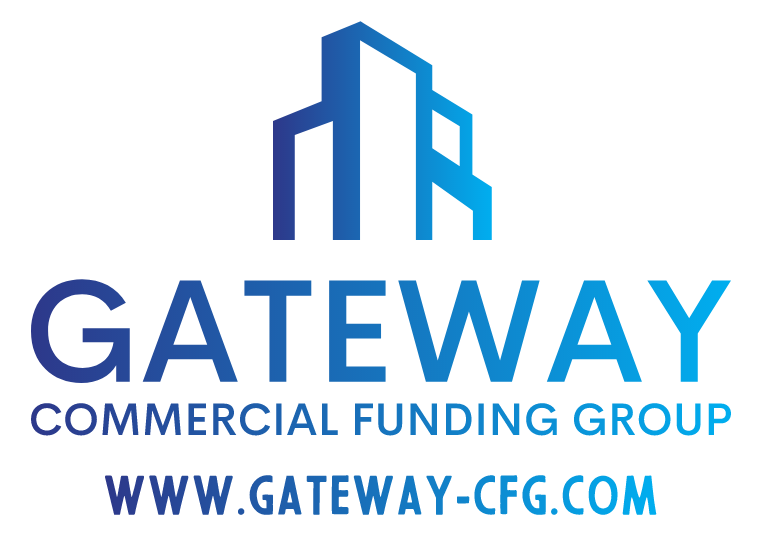Common Commercial Investment Mistakes and How to Avoid Them
Commercial real estate is a significant investment. Whether you are buying for your business or earning an income through leasing the property, you can encounter unexpected challenges. Therefore, these are common mistakes investors make and how you can avoid them.
Going Over Budget
As a new investor, the last thing you want to do is blow your budget. This can be easy without a formal investment plan. Your investment plan should include your goals, market, budget, financing, and strategy. You should do extensive market research and have financing ready before you start searching, but be sure you can afford the payments.
Buying the Wrong Property
First, you should research the different types of commercial properties available (industrial, multi-family, retail, and office. Learn about the zoning in the area you intend to invest in. Find out what properties are earning the highest incomes and why. Then, research the advantages and disadvantages of buying and developing raw land versus established developments. Take the time to learn as much as possible about your options before you invest.
Not Planning for Taxes
Real estate investment has many tax advantages. In some cases, developers don’t pay taxes at all because of the depreciation and deductions available to them. However, you need to understand the liabilities you face, such as property and capital gains taxes. Therefore, you should plan for your taxes ahead of your purchase. You should have both a short- and long-term tax and investment strategy, and consider working with a tax attorney or accountant with significant real estate experience.
Over and Underestimating the Money
When you first start, your excitement may result in you overlooking or miscalculating your income. Many investors underestimate their costs and overestimate their incomes. Therefore, take time to get a true accounting of each cost you may incur, including utilities, maintenance, and property management. However, you should also have a rainy-day fund in case anything comes up that needs to be addressed immediately.
You should also gather information from the seller of the property. For example, the seller should have occupancy, rental income, expense, and other data that you can evaluate. Don’t forgo this evaluation.
Not Doing Your Due Diligence
After you make an offer on the property, you typically have a month or more before you take possession of the property. This is your due diligence period, when you have the property inspected, crunch the numbers, review current leases, ensure the property is compliant with local, federal, and state laws, and assess renovation requirements.
Although commercial real estate can provide you with an incredible, highly profitable investment, it does have risks. Consider these before you invest.
Seek Expert Assistance
We have the experience and expertise to provide the financing you need for your commercial real estate projects with competitive interest rates and terms. Contact us today to learn more.


